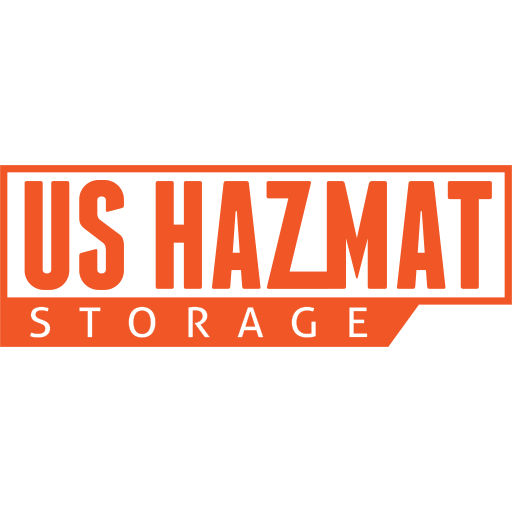If we know anything about the EPA, legalese and technicalities are it’s native tongue. With the exception of wide-sweeping congressional legislation, the EPA has the final say all matters relating to chemical storage that could threaten the environment. Such bureaucratic governmental meddling, which is in direct opposition to prevailing free-market economics, is not without sound reasoning. Every year, chemical spills due to negligence and laxed storage practices costs the federal government – cough, cough, tax payers – millions of dollars to clean-up. We all have a vested interest in the chemical stewardship when it comes to protecting the environment. To clarify its stance on some of the more complicated storage regulations, the EPA has proposed several amendments relating to chemical procedural regulations.
Cleaning Up the Language Before Spills Happen

The bulk of the new amendments take aim at cleaning up some haphazard language of the Toxic Substances Control Act. Overall, the amendments will help “to align the regulatory text with the amendments to TSCA’s new chemicals review provisions contained in the Frank R. Lautenberg Chemical Safety for the 21st Century Act.” In turn, the agency hopes this will improve the EPA’s review process and “reduce the need to redo all or part of the risk assessment by improving information initially submitted in new chemical notices, which should also help reduce the length of time that new chemical notices are under review.” Confused yet? Essentially, it sounds like the EPA is streamline the application process for chemical exemptions, as well making sure the text of new regulations correspond to dated material. Either way, it’s up to the manufacturers that deal in or produce dangerous chemicals to be aware of these changes. Remember, ignorance of the law is never an excuse in dealing with the federal government.
Proposed EPA Changes Could Affect Certain Chemical Exemptions
The EPA has also proposed amendments to regulations for low volume exemptions (LVE) and low release and Low Release and Exposure Exemptions (LoREX). In a capitalist utopian society (if there ever was such a thing considering the exploitive nature of some companies) was to ever exist, chemical spills would never happen. We would all live in a sanitary, uncontaminated and unadulterated world. But not every company or manufacturer plays by the rules. Because real change happens at the intersection of progress and environmental stewardship, the EPA has endorsed an exemption for new chemicals with low environmental releases and human exposure. The aim of the goal is to not allow new toxins in our ecosystem but to raise awareness, and hopefully mitigate damage. The EPA argues that such a measure can better gauge of the magnitude of risk by a new chemical substance. Also, the agency is hopeful the exemptions will “encourage pollution prevention techniques by rewarding manufacturers able to meet the low release and exposure criteria with more timely regulatory decisions.” Ultimately, the EPA is proposing to remove LVE and LoREX exemptions for PFAS, or forever chemicals.
How Can U.S. Hazmat Storage Help You Understand EPA Changes?

Our experienced chemical storage building advisors are well-versed in understanding complicated storage guidelines and regulations, not only from the EPA, but also OSHA and the NFPA. We spend countless hours studying proposed legislations and news concerning chemical storage, so we can stay atop our game to better understand your needs. This also includes keeping up with the latest proposed EPA changes. Before getting frustrated or overwhelmed by the mountain of information that comes with just single chemical, give our experienced experts a call. Through decades of research, we’ve become knowledgeable and experienced in dealing with more than 400 dangerous chemicals that fall under the government’s purview. We can then provide a compliant storage solution that will protect you from all legal barriers and challenges.


